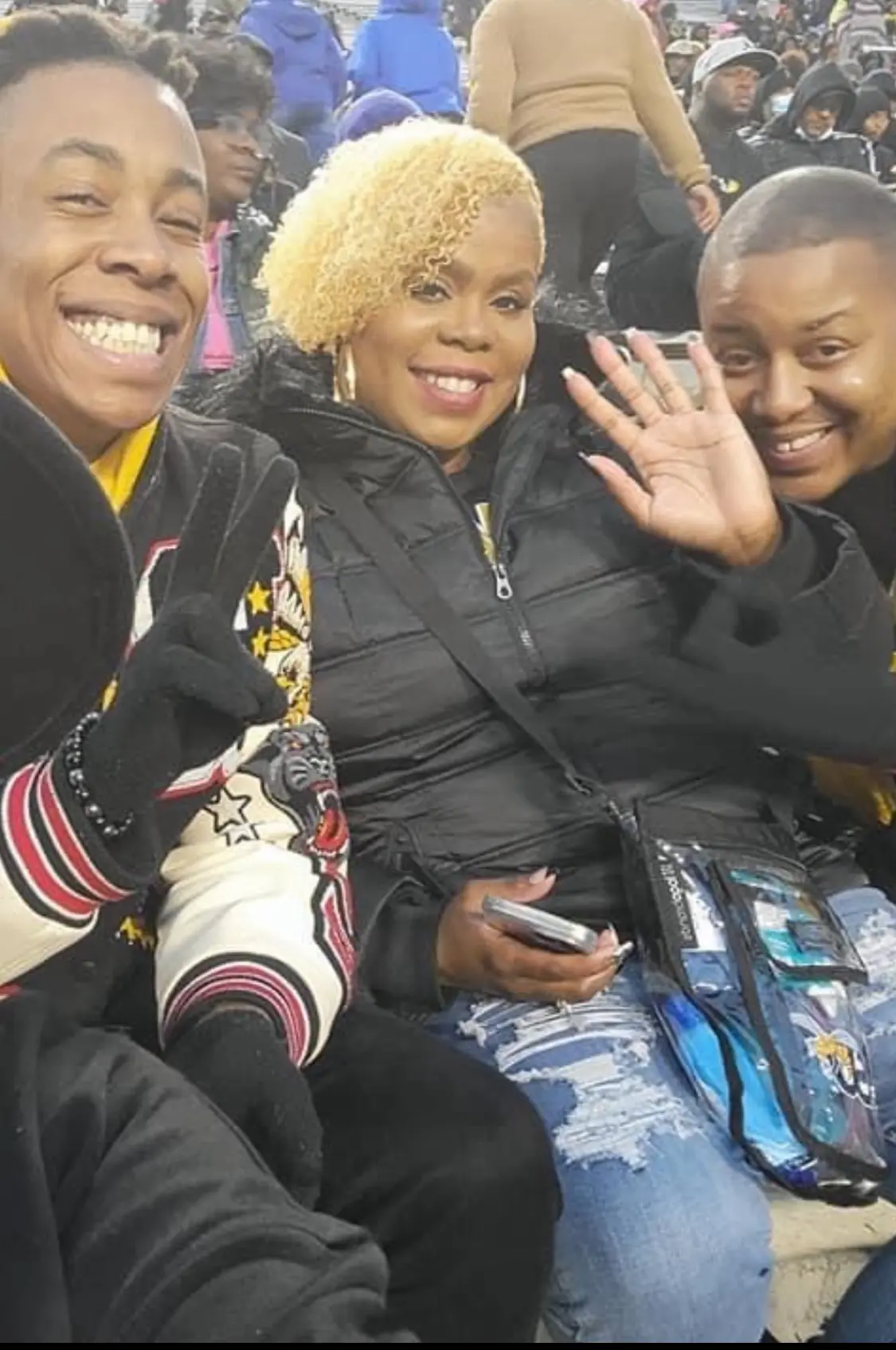
Mingo Allen Sr. knew something was wrong when his namesake didn’t return his messages.
“He always texted me back,” his father explained. Allen Sr. had been reaching out to his eldest son for help with a rental car extension, but this time there was no response.
The next day, he called again. This time, his son’s wife answered and said her husband was missing. She explained that she hadn’t reported it yet because it hadn’t been 24 hours.
The family urged her to call right away. Allen Sr. met police officers at his son’s new apartment. The officer on call recognized Mingo Sr., and for a moment he felt relieved.
Meanwhile, Karyn was at work in Huntsville, and it was Allen Sr. who began searching for their son. He couldn’t have gotten far, they thought. After all, he had left his car, phone, keys, wallet, and a note on the front seat.
They held onto hope.
“He loved the outdoors,” Karyn explained. So they drove through nearby parks calling out for him. “I called out for him. I let him know I was there to help,” his dad said, his voice cracking under the weight of the pain.
Next, they stopped by his job at Enterprise, but he hadn’t been seen there either. They felt a flicker of hope when they thought they noticed activity on his social media accounts, but still no word from their son.
Confusion deepened into frustration. Their son had never been in any legal trouble before. At one point, the family was told that Mingo had been arrested on a warrant. But when they followed up, they couldn’t find him. Their first stop was the St. Clair County Jail in Ashville, Alabama. “Not only was he not there, no one was there, because that jail was closed.” Their third stop confirmed that he had not been arrested and had no outstanding warrants. Every lead dissolved into nothing.
Mingo Demond Allen II
was more than a husband.
“He had a gentle spirit,” his dad explained. “You could always feel his presence.” He was a father, an older sibling, a member of Kappa Alpha Psi Fraternity, Inc., and a music producer with engineering credits, known online as Ayo Mingo and Love King Mingo. “He loved to eat, and he especially loved my cooking,” Karyn said. “He always wanted to be the first one to taste whatever we were eating.”
Finally, they got the call no parent ever wants to receive. On April 4, 2025, the couple learned that a John Doe had been found matching their son’s description. At the coroner’s office, they were shown a picture of their son. They identified him but were not allowed to take a copy or view his body. Although their son was in the next room, they were denied the chance to say goodbye.
Their 30-year-old son, Mingo Demond Allen II, who had first been reported missing, had been found hanging from a tree with jumper cables in Bradford Park near the tennis courts, according to the Homicide Detective assigned to his case. The Birmingham Police Department’s Homicide Division ruled it a self-inflicted death.
Karyn confirmed that the letter left behind was in her son’s handwriting, but something about it felt off. “He didn’t mention us or his daughter,” she said quietly. Her pain deepened when she learned that Bushelon Funeral Home cremated her son at his wife’s request before the family could order an independent autopsy or plan a service.
The Allens are haunted by choices that still do not make sense: waiting to report him missing, the rushed cremation. They are not ready to draw conclusions, but they cannot ignore how those decisions left them with more questions than answers.
Closure feels out of reach.
Mingo’s case was closed before they knew it, and it seemed like everyone else had moved on. To honor his life, the Speak First debate team started a scholarship in his name. His parents, married for 30 years, lean on each other and on therapy. But what they really need is access: the police reports, the investigative files, the body cam footage. “When we requested these things, we were given the runaround,” Karyn explained.
Here is the harsh truth: under Alabama law, police departments are not required to release body camera footage. The current statute allows families to request footage, but it also protects active investigations. In practice, this means access is left entirely to the discretion of each department. Critics argue that the way the statute is worded gives agencies more cover to withhold information from the public. Because body camera footage is not considered public record, even when a case is closed, families can still be denied access.
For the Allens, body cam footage could confirm what happened to their son in Bradford Park. For others, it could mean the difference between rumor and truth, suspicion and justice. Their grief is part of a larger, troubling pattern: too many Black men found hanging from trees in 2025, and too few answers given.













This is such a heartbreaking story, and I hope the family gets justice. Nobody should have to go through this, and they should have the right to know about what happened to their son, and to say goodbye.